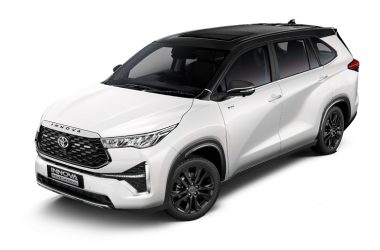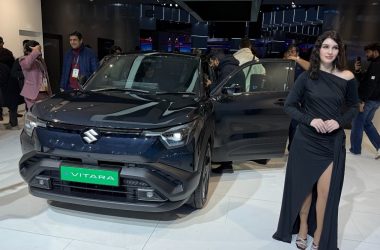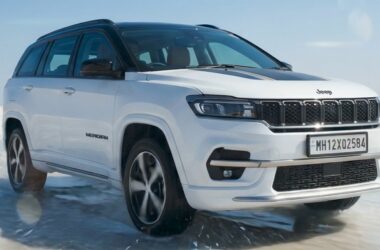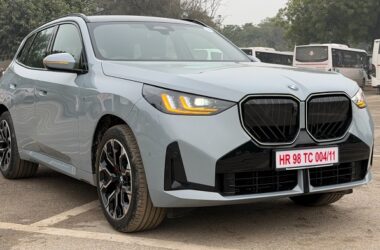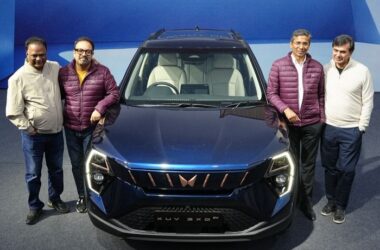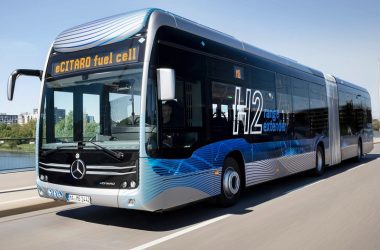Hyundai Motor Company and Kia Corporation have unveiled a suite of groundbreaking temperature control technologies designed to redefine passenger comfort and enhance energy efficiency in modern vehicles. These innovations, showcased during the “Heat Tech Day” event in Seoul, highlight the companies’ commitment to advancing in-vehicle environments as cars increasingly become extensions of our living spaces.
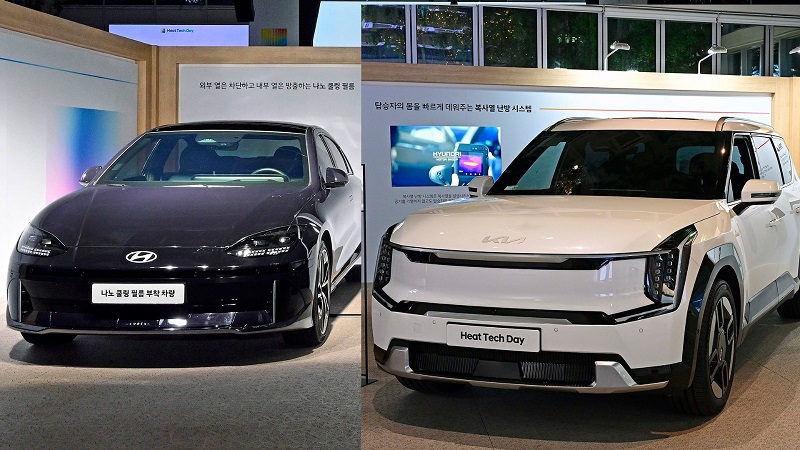
Revolutionary Nano Cooling Film: Cutting Cabin Heat by 12°C
One of the standout technologies is the Nano Cooling Film, which significantly reduces a vehicle’s interior temperature by more than 12°C. Unlike traditional tinting films, this advanced material blocks infrared radiation while allowing trapped heat to escape, creating a cooler, more comfortable cabin environment. The film’s effectiveness was demonstrated through rigorous testing, where vehicles equipped with Nano Cooling Film maintained a cooler interior temperature of 36°C compared to 48.5°C in vehicles without the film. This technology not only improves passenger comfort but also reduces the strain on the vehicle’s air conditioning system, leading to increased energy efficiency.
Radiant Heating System: Instant Warmth, Extended Range
Another innovative feature is the Radiant Heating System, which promises quick and energy-efficient warmth for passengers during cold weather. This system uses a film-type heating element that emits radiant heat directly toward passengers’ legs, providing warmth within just three minutes. The Radiant Heating System is particularly beneficial for electric vehicles, as it conserves energy and extends driving range by reducing the demand on traditional climate control systems. The technology is set to be integrated into future Hyundai and Kia models, offering a significant upgrade in passenger comfort during winter months.
Metal-Coated Heated Glass: Clear Vision, Enhanced Safety
Rounding out the trio of innovations is the Metal-Coated Heated Glass system, a world-first 48V technology that defrosts windows rapidly and efficiently. This invisible, metal-coated glass offers a clear and undistorted view by removing frost and moisture within five minutes, even in sub-zero temperatures. Additionally, the glass coating blocks over 60% of solar energy, reducing the need for air conditioning on hot days. This dual functionality not only enhances safety by improving visibility but also contributes to the overall energy efficiency of the vehicle.
A Leap Forward in Vehicle Comfort and Efficiency
Young Ho Jung, Vice President and Head of Thermal Energy Total Development Group at Hyundai Motor Company, emphasized the importance of these innovations, stating, “We are developing technologies to provide the most pleasant environment for our customers, considering every moment they experience in mobility.”
As Hyundai and Kia continue to push the boundaries of vehicle technology, these temperature control advancements are poised to set new standards for passenger comfort and energy efficiency, underscoring the companies’ dedication to innovation in the era of electrification.
